If you’re looking for a business loan, you’ve come to the right place. We’ll take a look at secured and unsecured loans and help figure out which one is right for your company.
Secured Loans Are Generally Easier To Get Approved For Than Unsecured Loans
Secured loans are generally easier to get approved for than unsecured loans. This is because lenders usually have lower standards for approving secured loan applications, so you can expect your application to be approved much faster.
Unsecured loans may require more documentation, such as proof of income and assets that are not included in the loan amount (such as savings accounts). If you don’t have these things listed on your application, it could affect whether or not you’re approved for an unsecured loan—and even if it does qualify, there’s no guarantee that your interest rate won’t be higher than what would’ve been available with a secured one!
Secured Loans May Allow You To Borrow More Money
Secured loans are easier to get approved for than unsecured loans, but they often come with high closing costs.
A secured loan is one where the lender holds something of value as collateral in order to secure the loan. The borrower gives up ownership of this asset but keeps it safe until he can repay his debt. For example, if you have a car or house that you want to buy on credit and put as collateral for your loan (a car or house), then your lender will take possession of those items once your payments have been made on time every month (or quarter).
Unsecured Loans Can Be Harder To Qualify For And Often Have A Higher Interest Rate.
While unsecured loans are a good option for many business owners, they can be harder to qualify for and often have a higher interest rate. Lenders will look at your credit score, which is determined by how you’ve handled debt in the past. If you have bad credit or have defaulted on any of your previous loans (even if it was years ago), lenders will assume that you’re not going to pay them back on time and charge accordingly.
Unsecured loans also have higher closing costs than secured ones do—this is because there’s no collateral involved in an unsecured loan; therefore lenders need to be assured that they’ll get paid before they write out checks.
A Secured Loan Is When You Use An Asset As Collateral For A Loan
A secured loan is when you use an asset as collateral for a loan. The lender can take possession of your property if you default on the loan, and it does not have to be the exact thing that was used as collateral. For example:
You may have a house or land in good condition that’s worth $500,000 and want to borrow $250,000 from your bank so you can use it towards paying off other debts like credit cards or student loans. The bank will offer to lend you this amount without requiring any further security at all because they know they can resell your home if necessary (and they’d be paid back).
If you default on a secured loan, the lender can take possession of the assets used as collateral. The lender may sell these assets to recoup their losses and pay off your debt. You will still owe money, but it won’t be as much because they’ve taken something that was once yours, to begin with.
If you want your business back and are able to get a loan modification from your lender (which requires them to agree not just with what they originally offered but also modifying it), then this might be an option worth considering—but it’s important not to rush into anything without first speaking with an attorney first!
The Most Common Secured Business Loan Is A Mortgage On Your Home Or Office
If you want to borrow money to buy a home or build an office, the most common secured business loan is a mortgage on your home or office. You may also consider using it to finance equipment, inventory, and other assets.
If you’ve got the cash on hand to buy something outright but don’t have enough for a down payment, then this option can work well for you—provided that the value of what’s being purchased isn’t too high compared with its market value (which would make it difficult for buyers).
An Unsecured Loan Is Not Backed By Collateral.
An unsecured loan is not backed by collateral. This means that you do not have to put up property or other assets as security for your loan, which makes it easier for you to get the money you need at a reasonable interest rate. However, this also means that there’s more risk for both the lender and borrower if things go wrong. If your business fails or you can’t pay back what you owe on time, both parties may suffer severe consequences—including bankruptcy proceedings and jail time!
With an unsecured loan:
- You’re taking on more risk because lenders won’t know exactly how much money they’ll receive from their investments in your company until after they’ve made them;
- Lenders will want higher interest rates than they would with secured loans;
Conclusion
A secured loan might be better than an unsecured one because it will likely lead to a lower interest rate and a higher amount borrowed, but it will put your personal assets at risk if the business doesn’t work out.
Secured loans are easier to get approved for than unsecured ones because you already have assets as collateral. The lender wants to ensure that you can pay back the money in case you default on your loan obligations. This makes them less likely to approve an applicant with no income or assets in their name yet needs money badly enough that they don’t mind putting up some collateral (such as property or vehicles). However, secured loans often have higher interest rates—which could make them difficult for borrowers with limited savings accounts or high credit scores–and require more paperwork before approval can be granted (e..g., proof of employment).
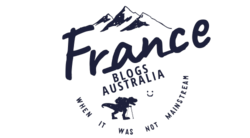

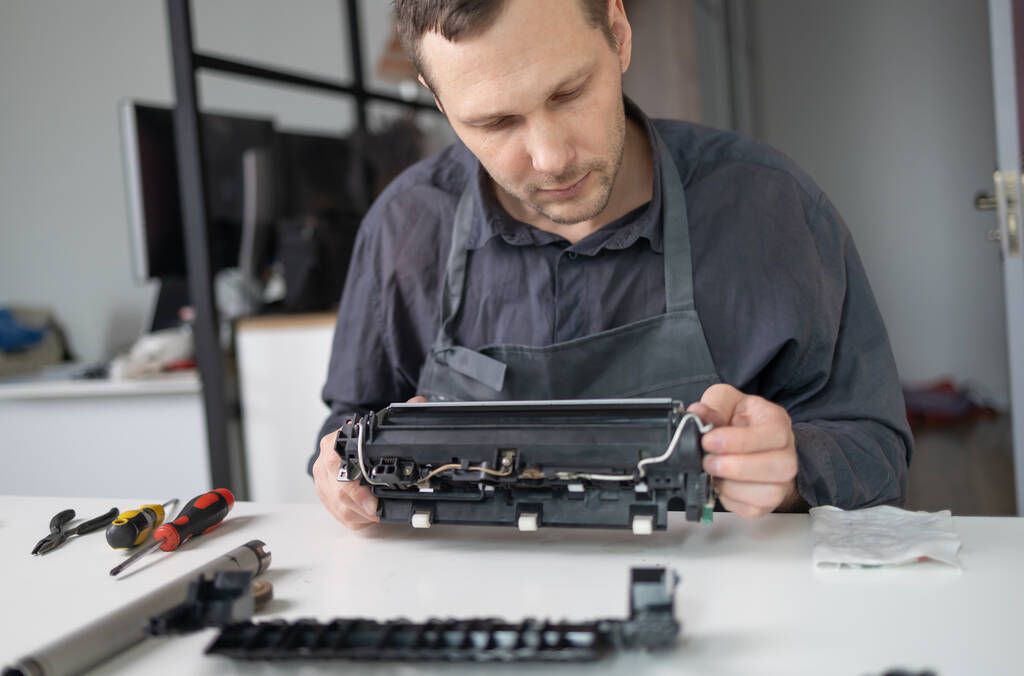




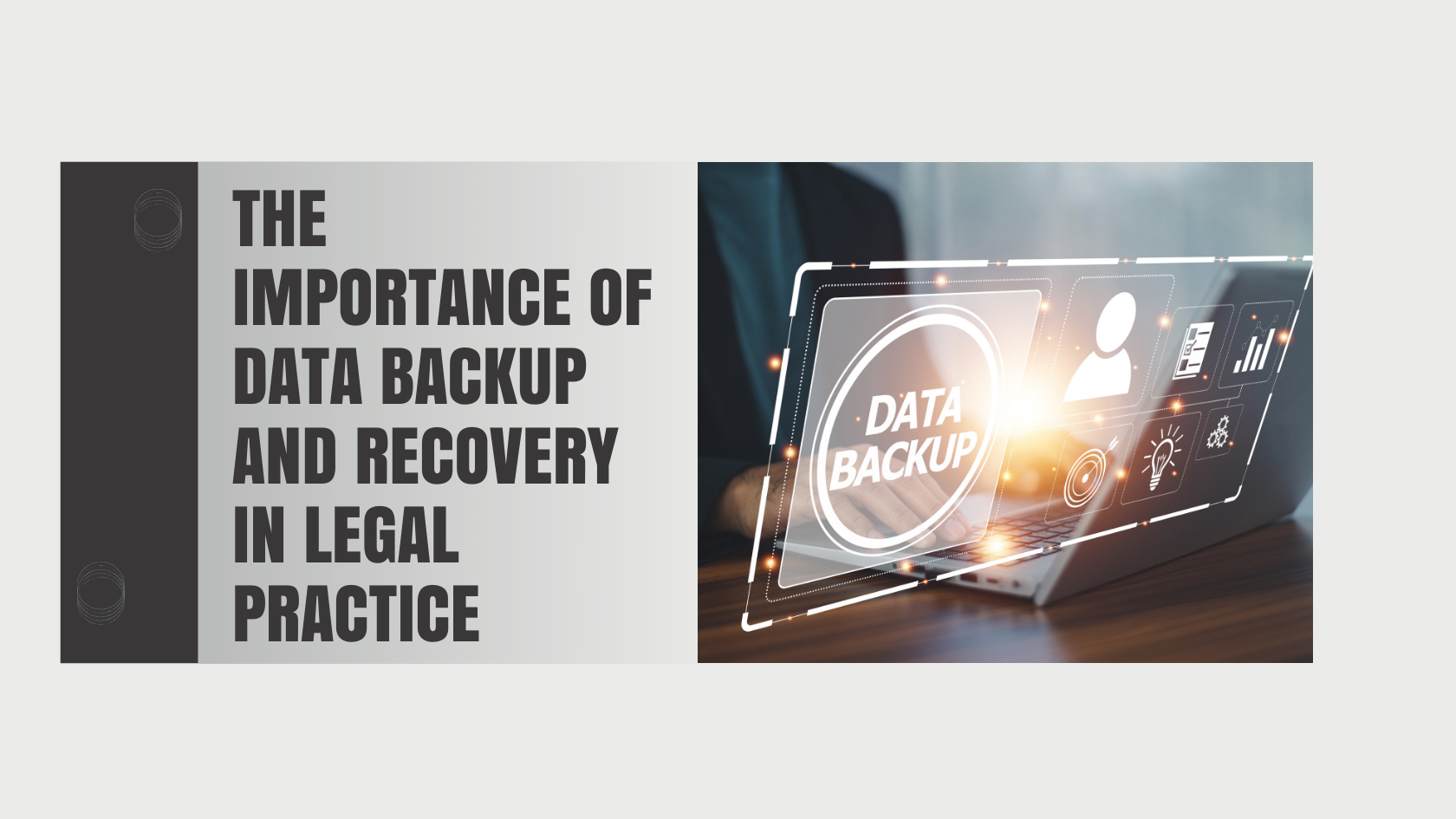

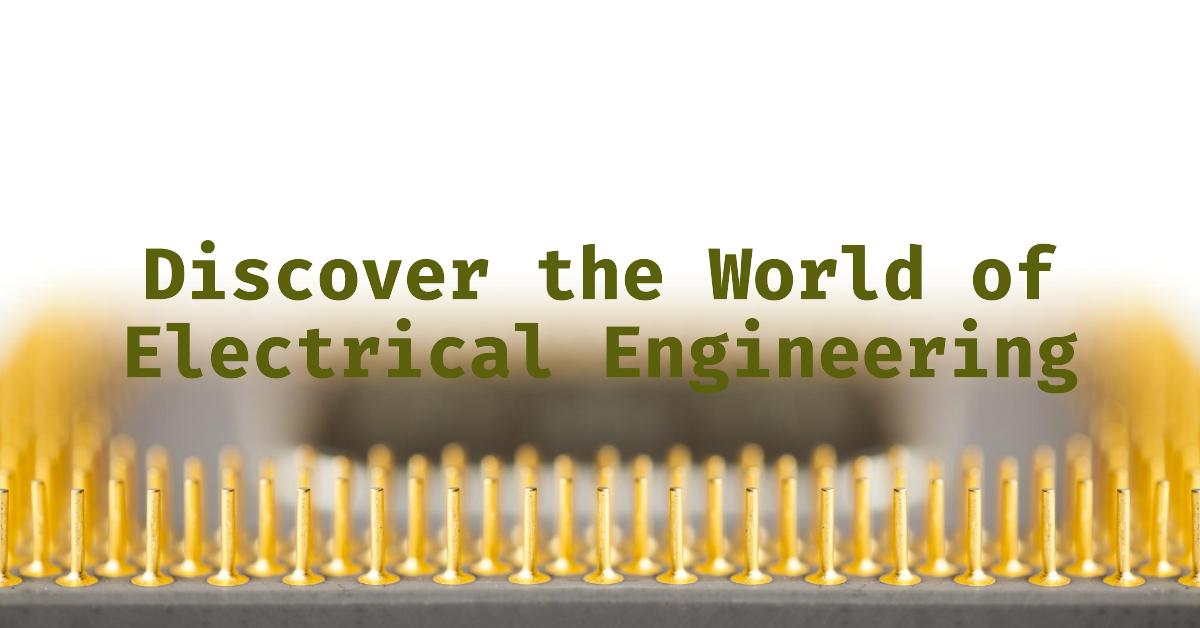
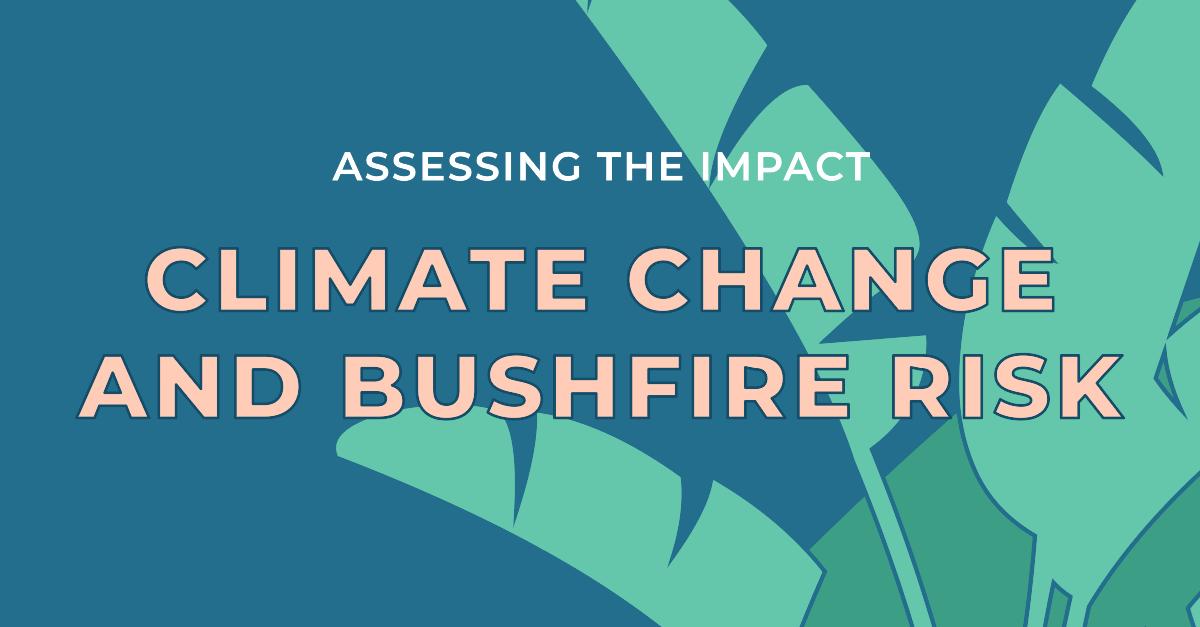
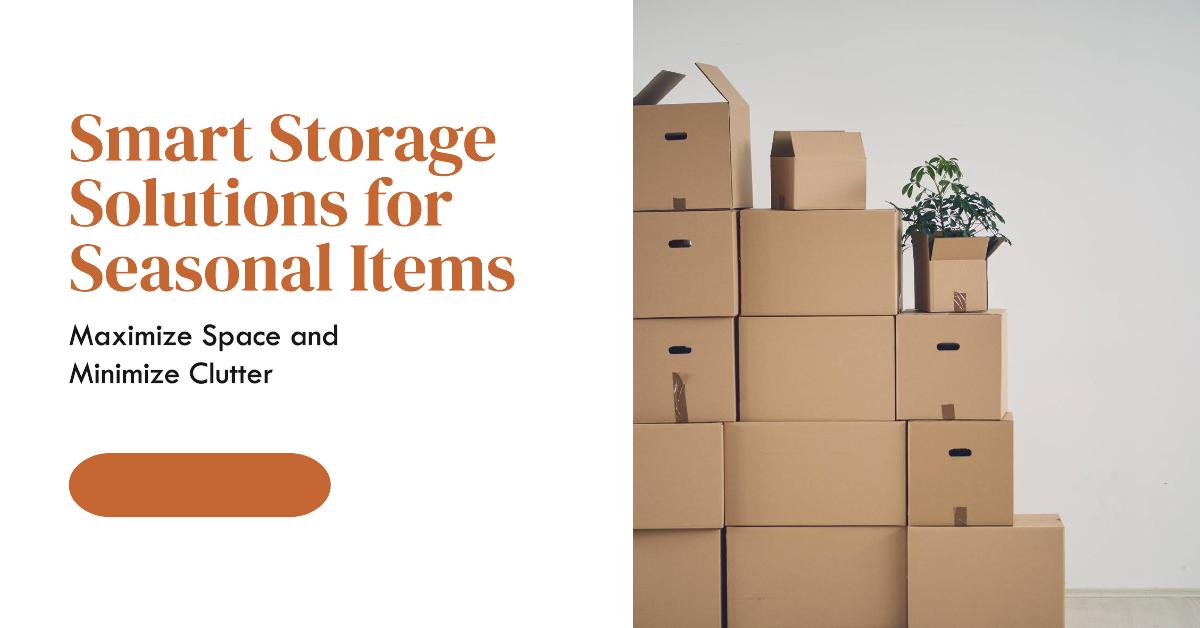







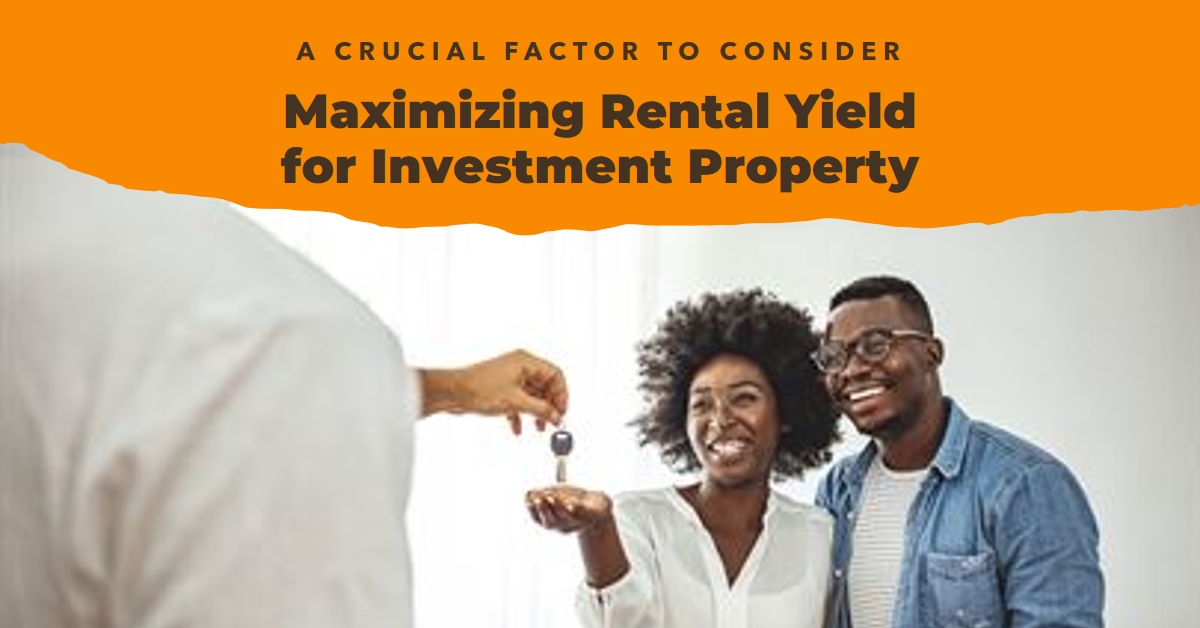
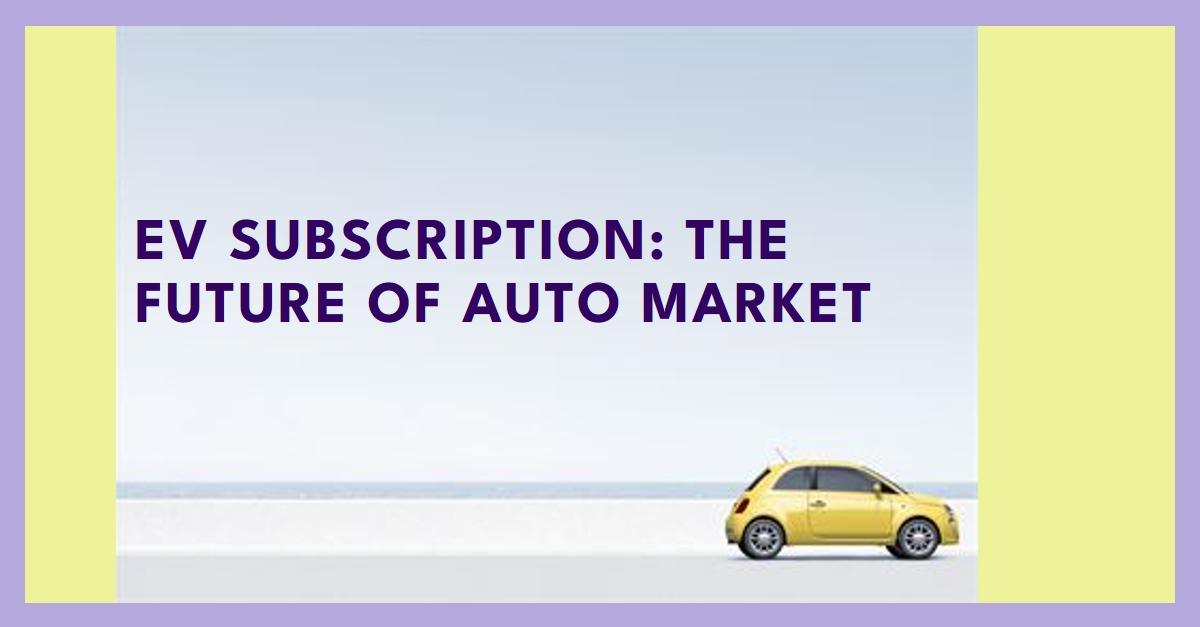
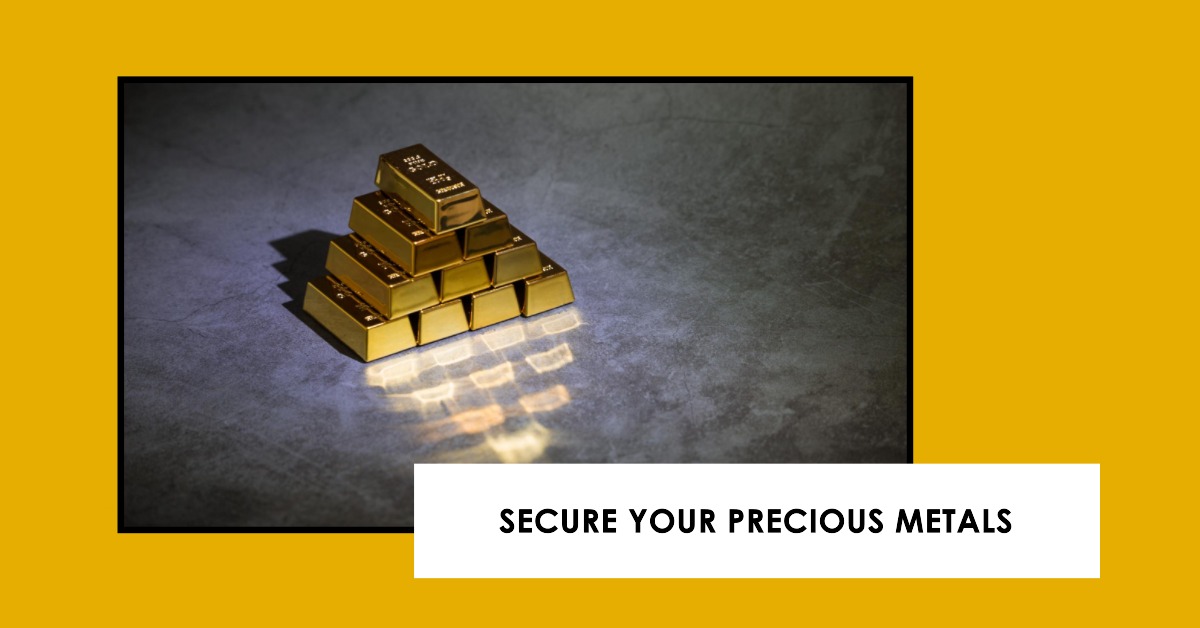

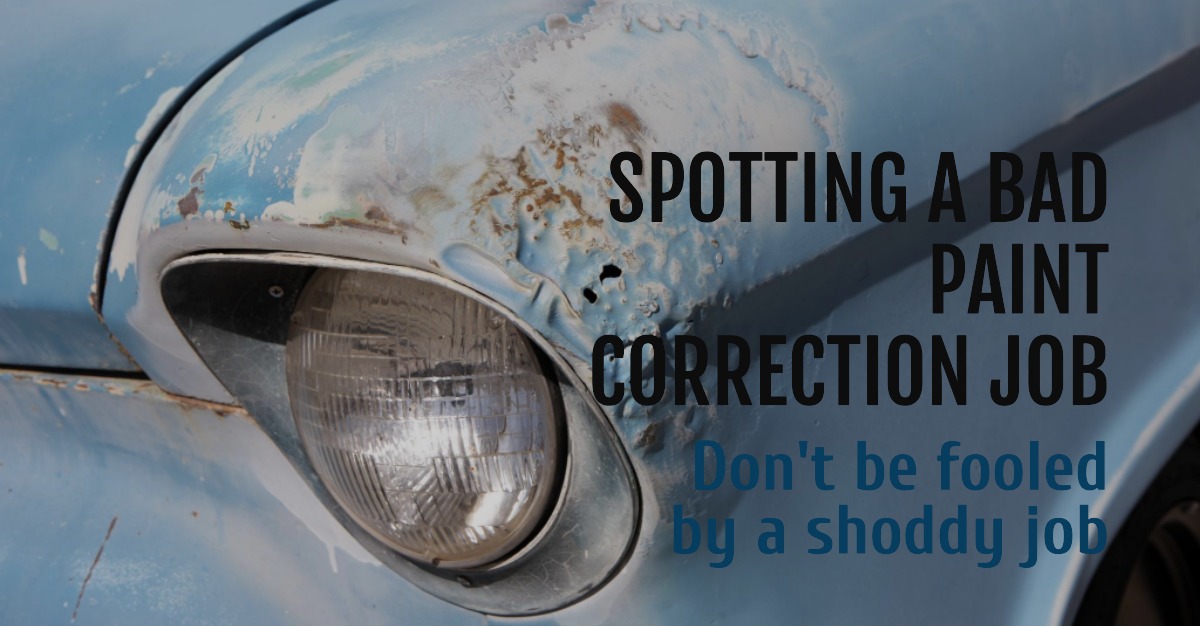

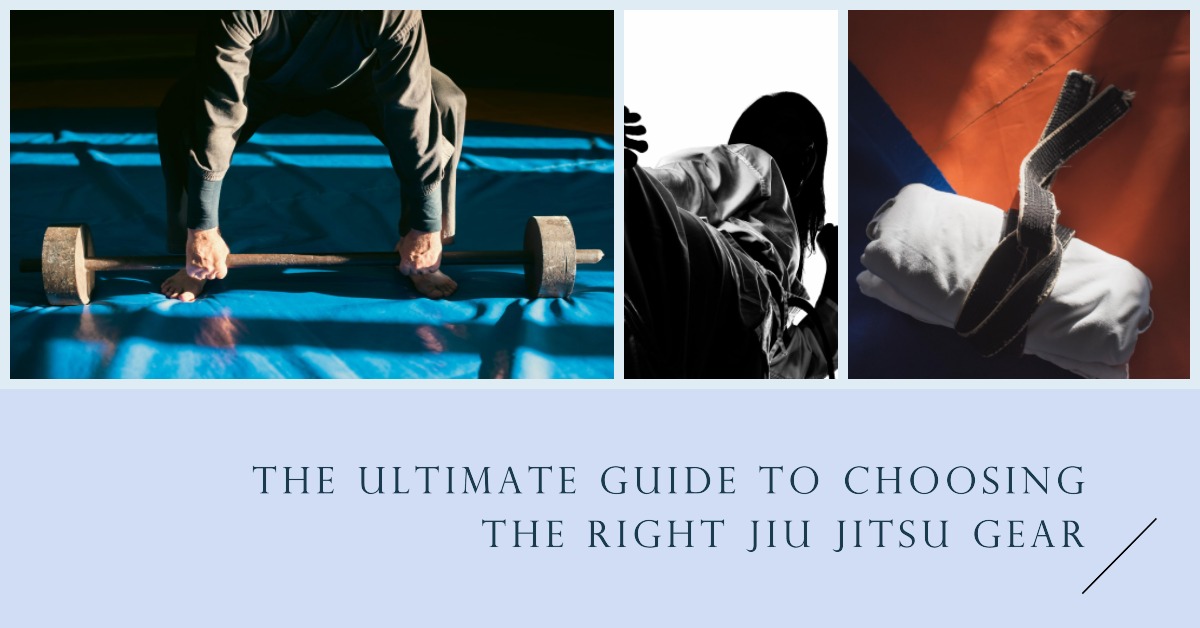

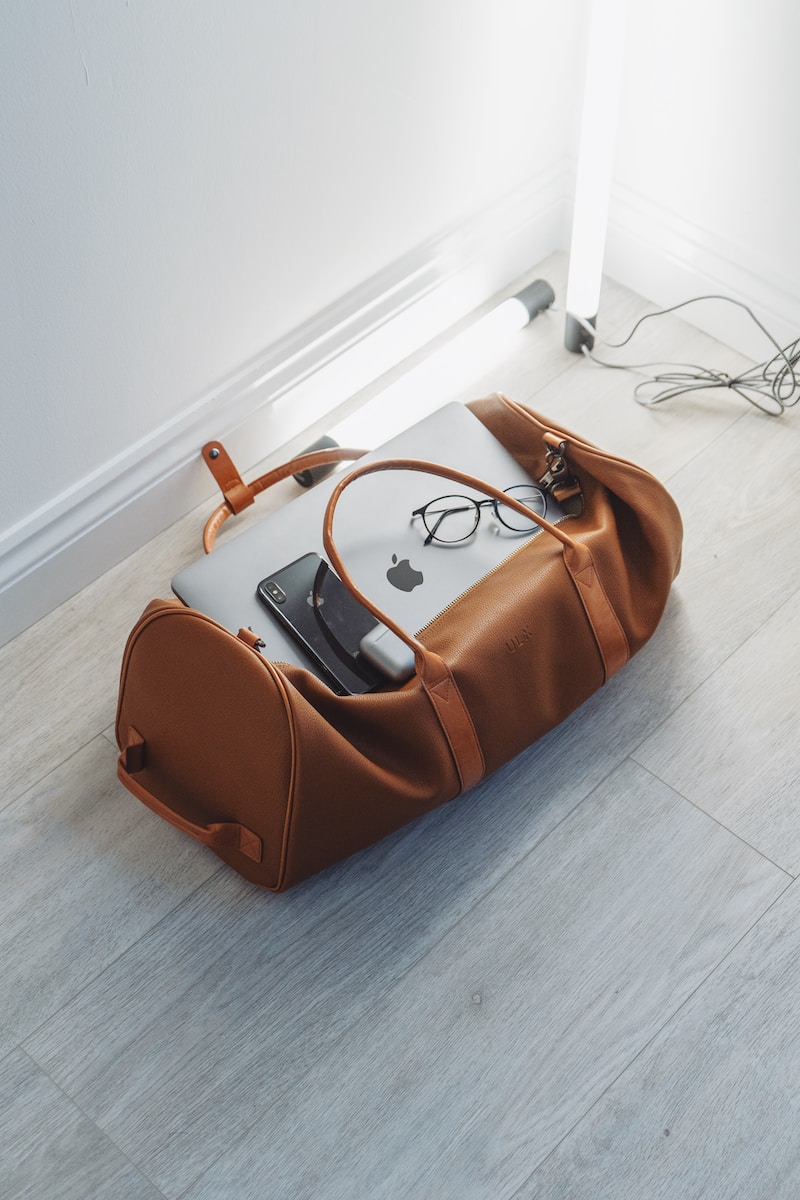
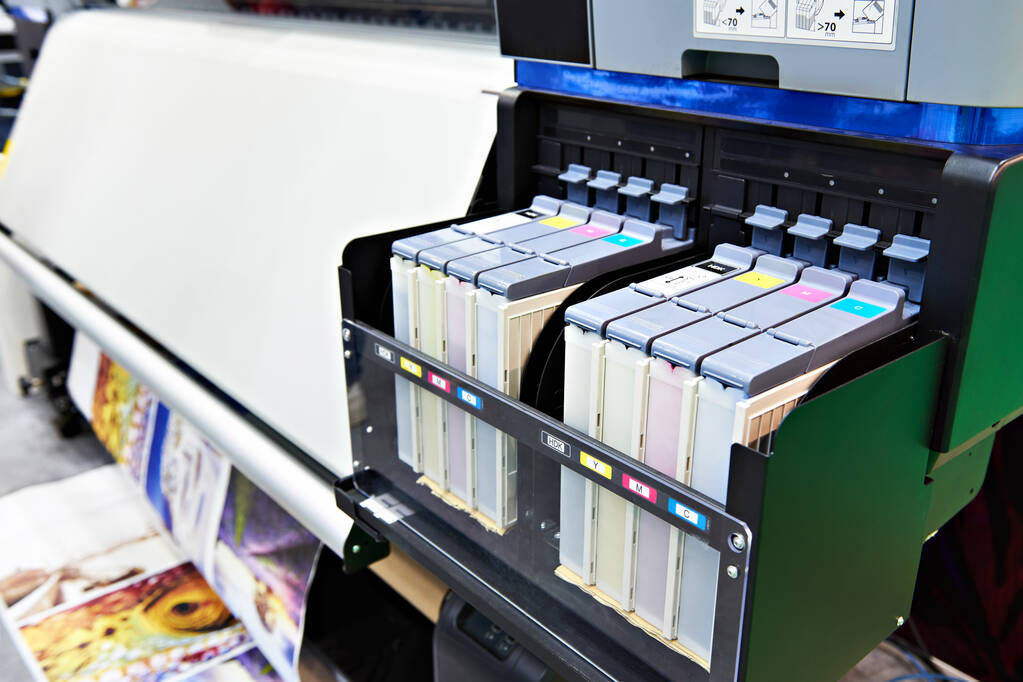


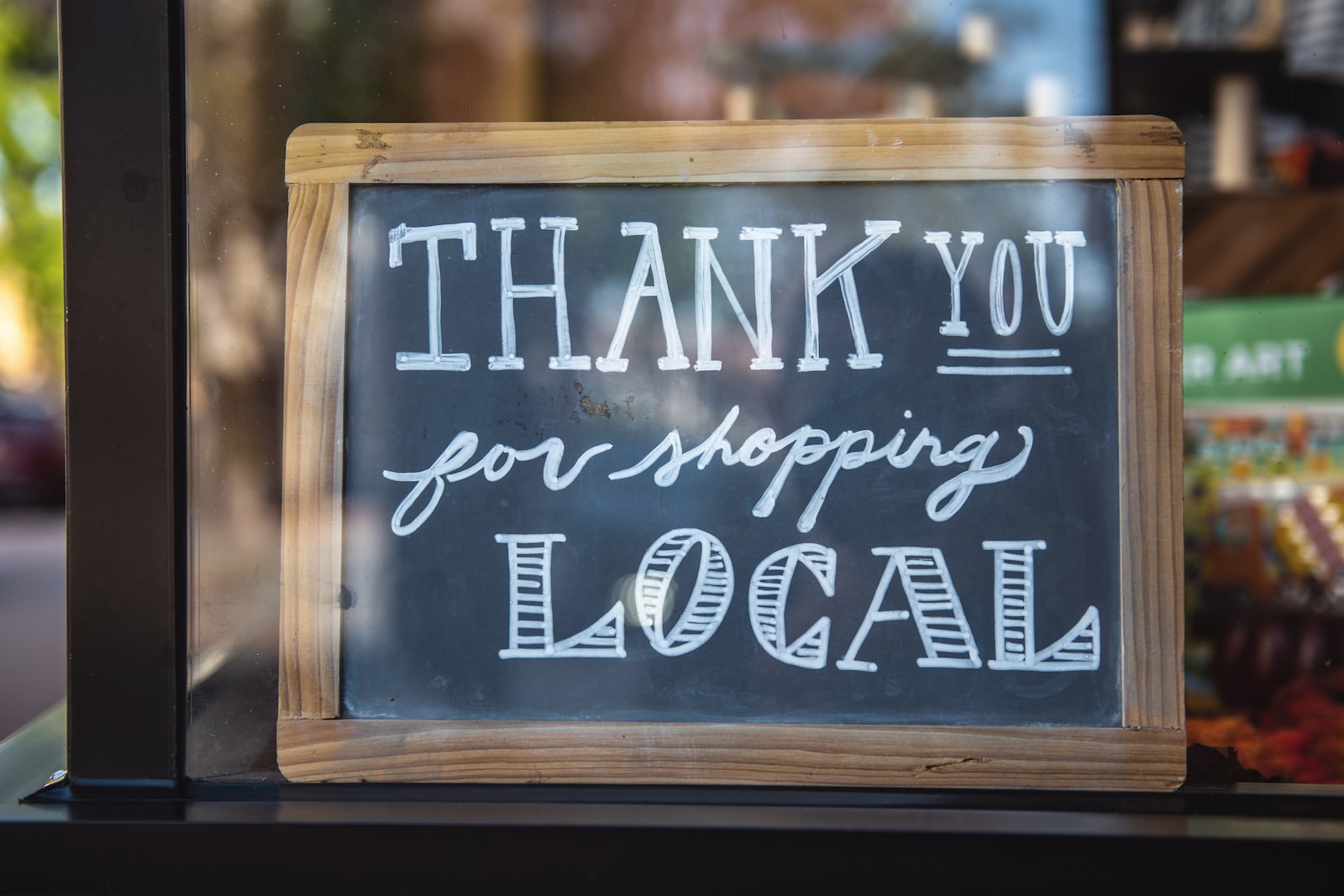


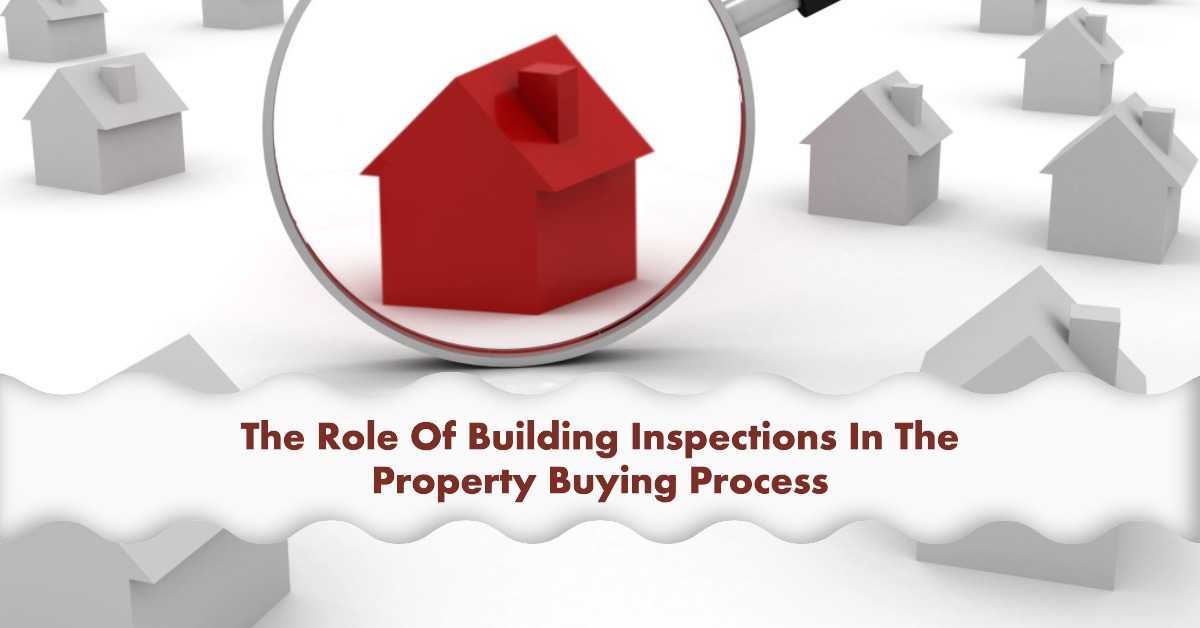

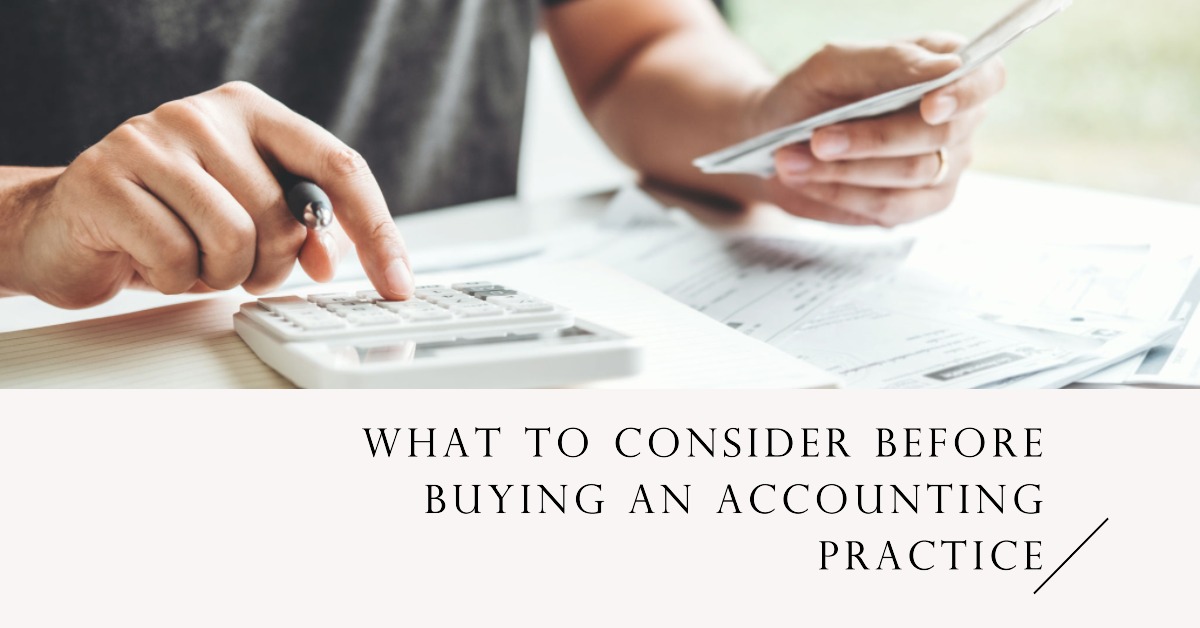




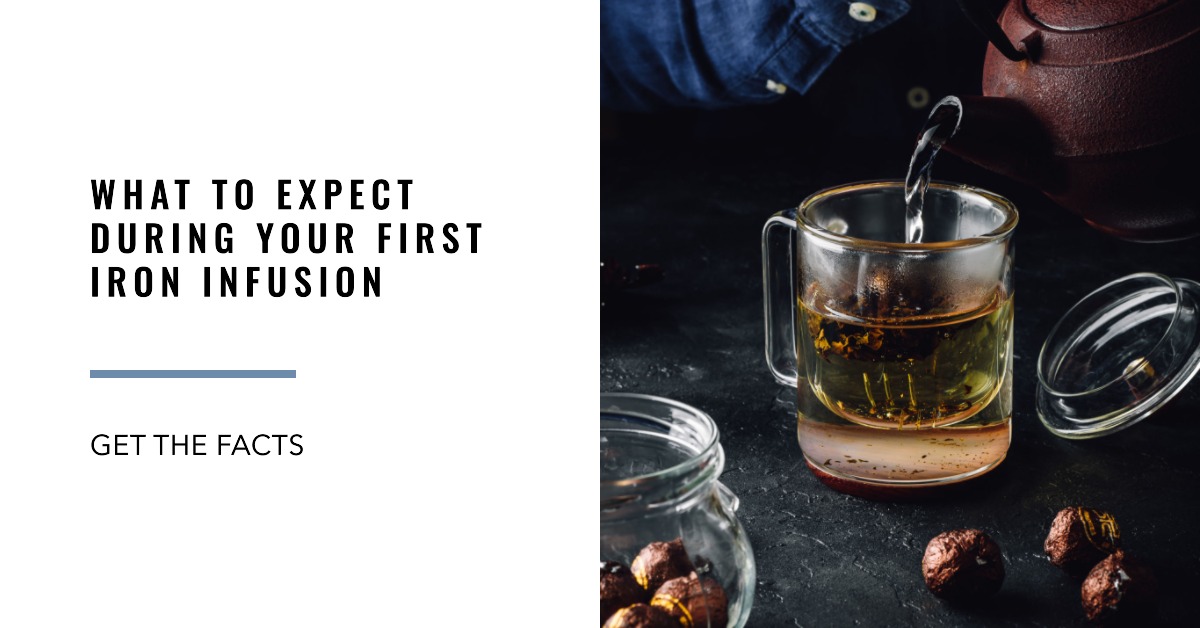
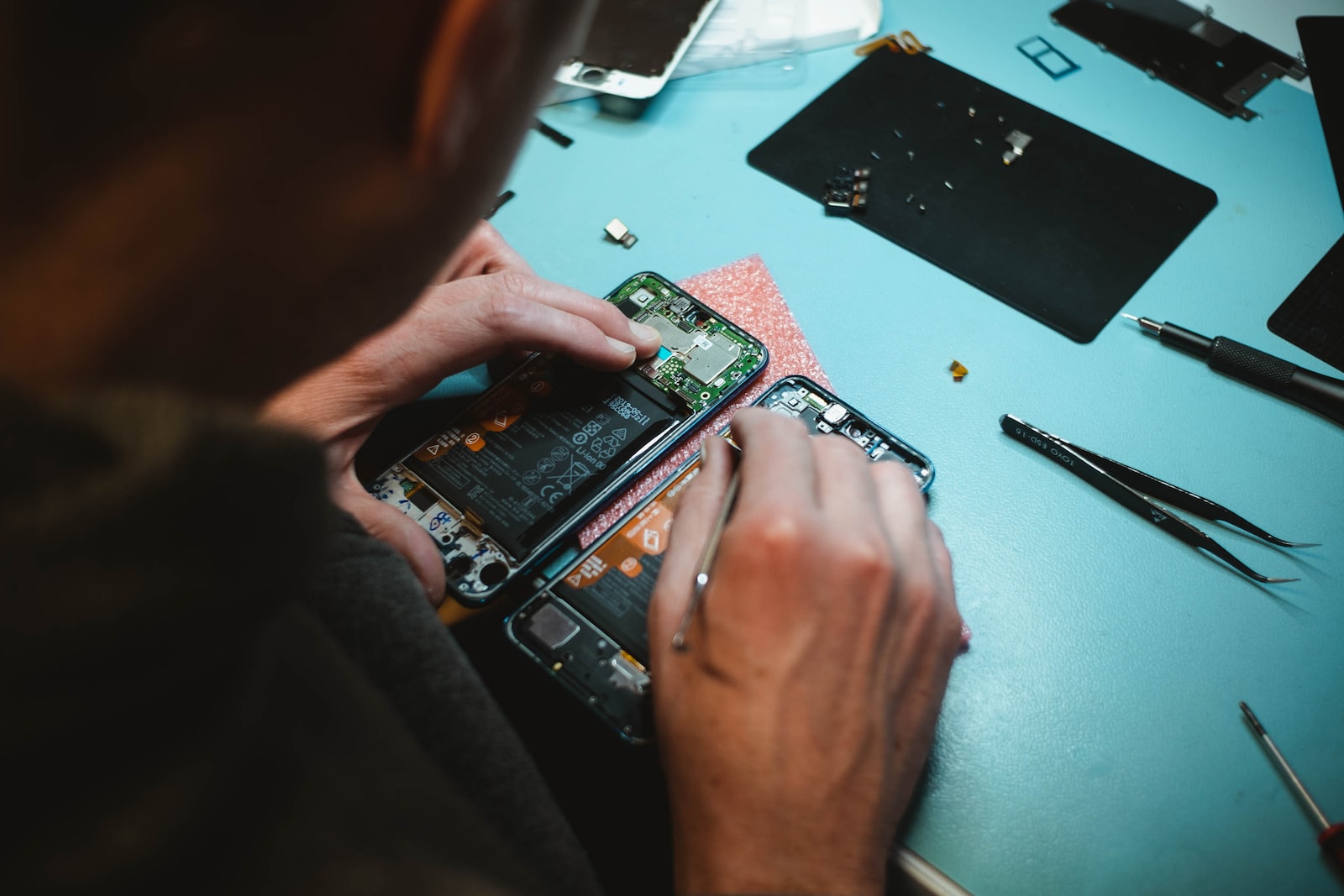




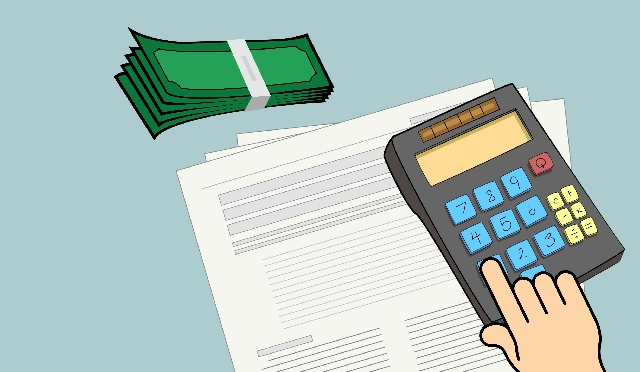
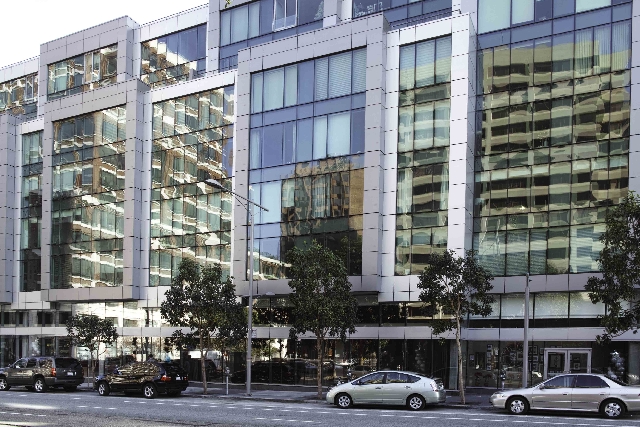

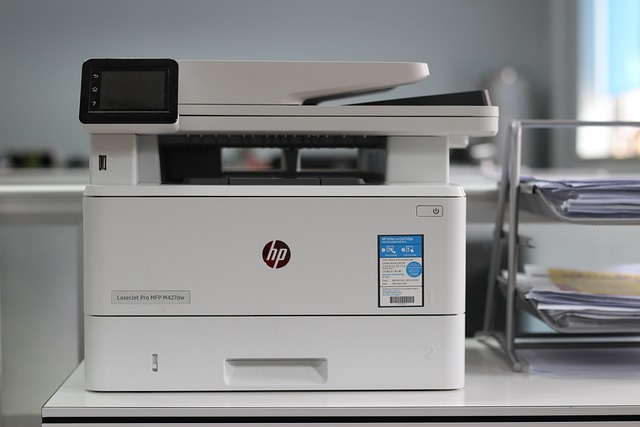



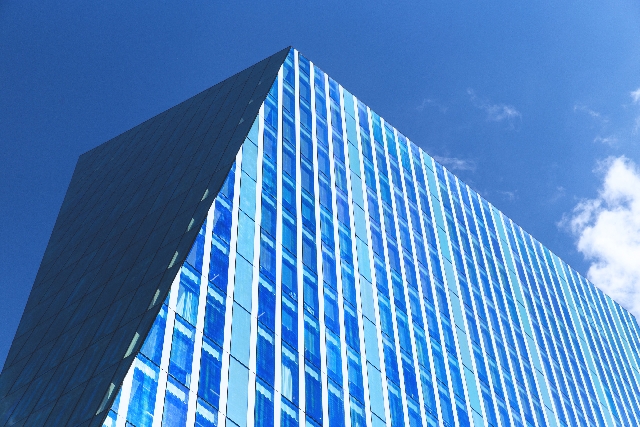


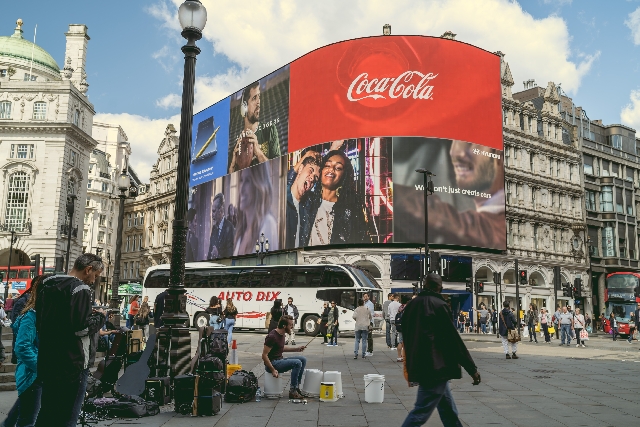











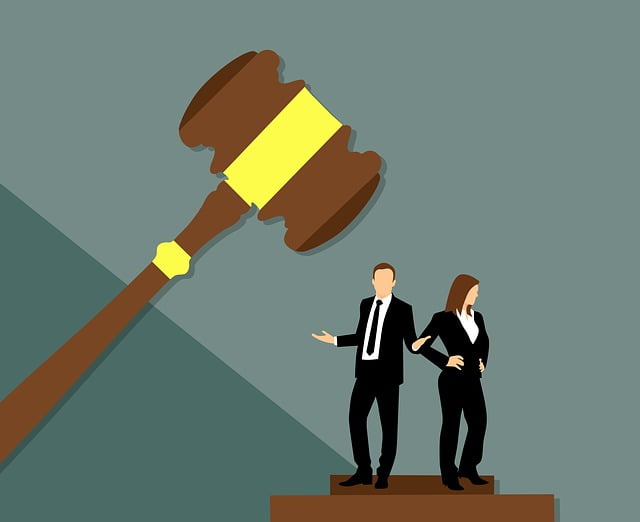





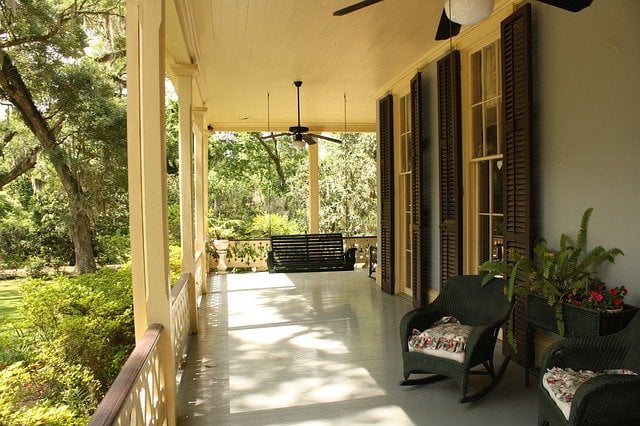

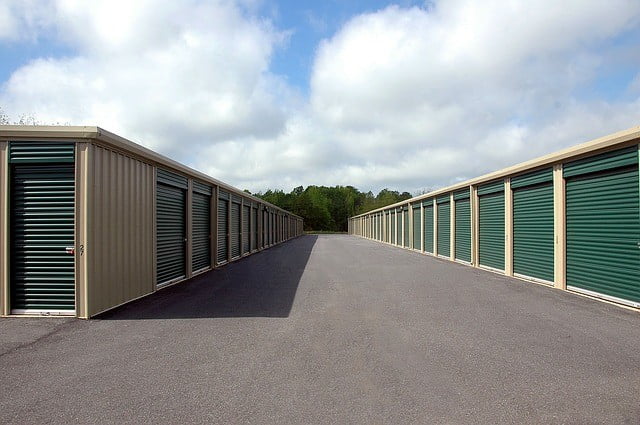
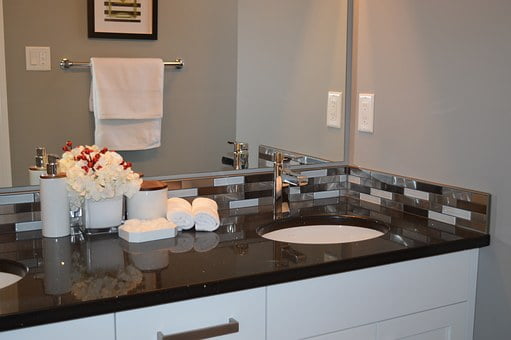
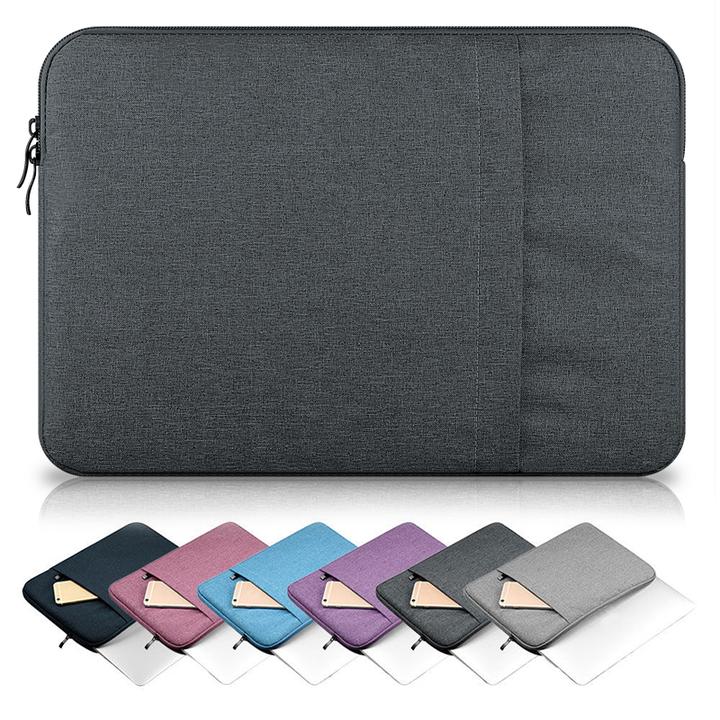
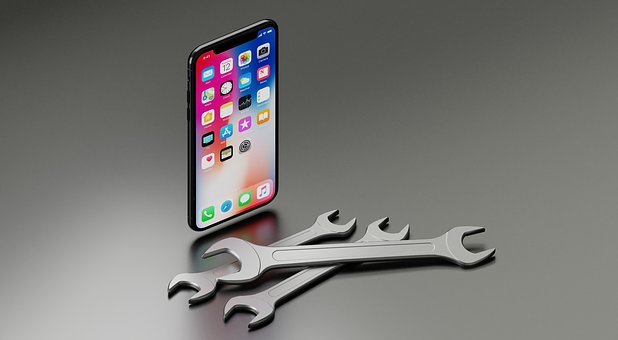
0